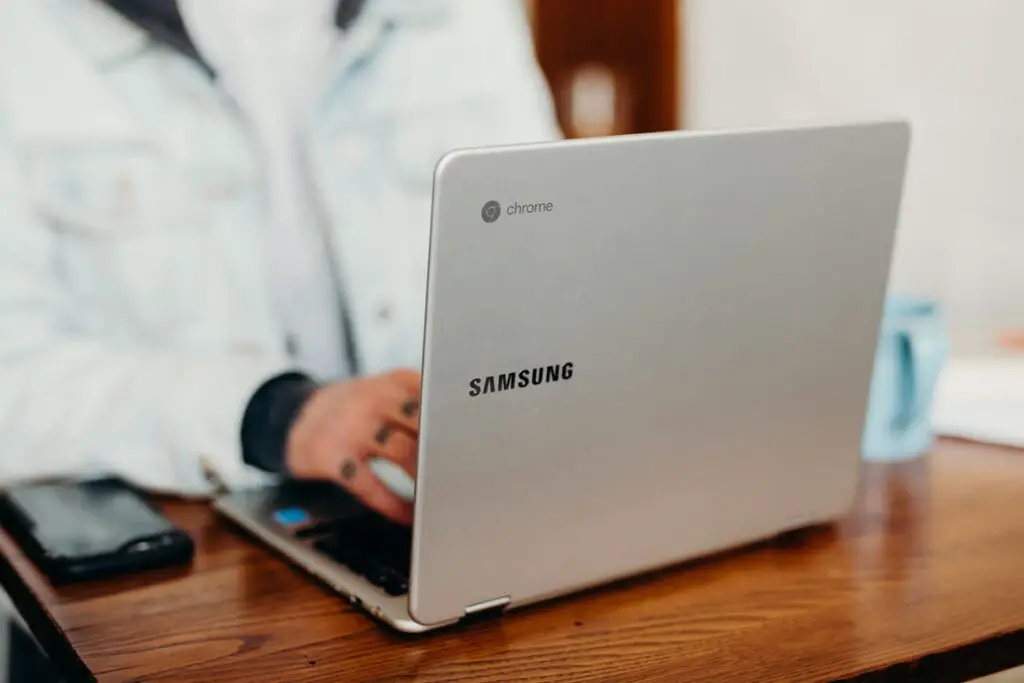Chromebooks are laptops that run on the Chrome OS, which is a Linux-based system that primarily uses web-based applications. The devices are known for their affordability, lightweight design, and long battery life. In recent years, Chromebooks have become increasingly popular among consumers and schools, due to their low cost and ability to easily integrate with Google’s suite of educational tools. But do they need antivirus software? Let’s take a look…
Do Chromebooks need antivirus software?
Chromebooks are designed to be secure and protected against viruses. One of the key features that helps to keep Chromebooks secure is automatic updates, which ensure that the device is always running the latest version of the operating system and any installed apps. This helps to prevent security vulnerabilities from being exploited by malware.
In addition to automatic updates, Chromebooks also use a technique called sandboxing to isolate individual apps and prevent them from accessing the underlying operating system and other apps. This helps to prevent malware from spreading and damaging the device.
Overall, the combination of automatic updates and sandboxing make it extremely difficult for viruses and other types of malware to infect a Chromebook. This is why many experts believe that Chromebooks do not need antivirus software.

Can Chromebooks still get infected by viruses?
While Chromebooks are generally considered to be secure, it is possible for them to be infected by viruses and other types of malware. One potential vulnerability of Chromebooks is the use of web-based applications, which can be accessed through the internet. If a user visits a malicious website or downloads a malicious app, it is possible for the device to become infected.
In rare cases, Chromebooks have been infected by viruses. For example, in 2017, a strain of malware called “Kronos” was discovered that was able to infect Chromebooks through a vulnerability in the Chrome browser. In response, Google released an update to patch the vulnerability and protect against the malware.
If a Chromebook does become infected with a virus, there are steps that users can take to resolve the issue. The first step is to run a malware scan using the built-in Chrome Cleanup Tool, which can detect and remove any malware that has been detected on the device. If the issue persists, users can also reset their Chromebook to its factory settings, which will erase all data and restore the device to its original state. This will remove any remaining viruses and malware.
What can users do to protect their Chromebooks from viruses?
While Chromebooks are generally secure and do not require antivirus software, there are additional measures that users can take to protect their devices from viruses and other types of malware. Some recommendations include:
- Avoid visiting suspicious websites: Avoid clicking on links or downloading files from websites that are known to be malicious or untrustworthy.
- Use a strong password: Use a strong, unique password for your Google account and avoid using the same password for multiple websites or accounts.
- Enable two-factor authentication: Enable two-factor authentication for your Google account, which adds an extra layer of security by requiring a second form of verification (such as a code sent to your phone) when logging in.
- Keep your Chromebook updated: Make sure that your Chromebook is always running the latest version of the operating system and any installed apps. This will help to prevent security vulnerabilities from being exploited by malware.
- Be cautious when downloading apps: Only download apps from trusted sources, such as the Google Play Store. Be cautious when downloading apps from unknown sources, as they may contain malware.
- Use a trusted antivirus solution: While it is not necessary for most users, some users may want to use a trusted antivirus solution for added protection. There are a few antivirus options available for Chromebooks, such as ESET Endpoint Security and Kaspersky Security & VPN.
Conclusion
In summary, Chromebooks are designed to be secure and protected against viruses. The combination of automatic updates and sandboxing make it difficult for viruses and other types of malware to infect a Chromebook. While it is possible for Chromebooks to be infected by viruses, this is rare and can usually be resolved by using the built-in Chrome Cleanup Tool or resetting the device to its factory settings.
Therefore, most users do not need to use antivirus software on their Chromebooks. To further protect their devices, users can take additional security measures, such as avoiding suspicious websites and using strong passwords.
Overall, Chromebooks are generally considered to be secure without the need for antivirus software.
